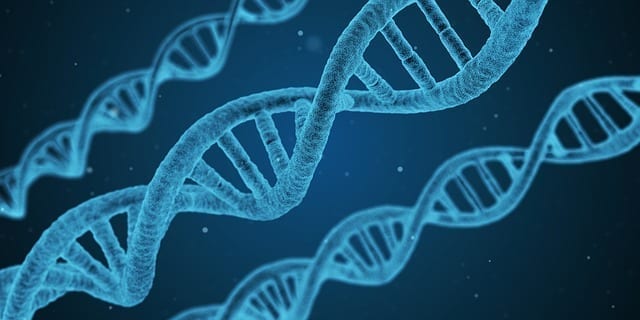
News
Police Are Using Ancestry Sites to Track Down Cold Cases
California investigators arrested Joseph James DeAngelo as a prime suspect in a spree of brutal crimes committed between the years of 1978 and 1986. These crimes were said to be the work of the elusive Golden State Killer, which included the rape of over 50 women and the murder of at least 12 people. Through an open-source ancestry site called GEDMatch, investigators were able to upload the Golden State Killer’s DNA profile to the site and match it with relatives whose DNA profiles were already uploaded, eventually leading them to DeAngelo.
The success of this investigative method has shown the clear potential for cracking open cold cases that have seen little to no progress in years. Since then, it has been used to track down suspects involved in a number of brutal crimes that were previously without leads. Some of these cases involve the 1986 murder of a 12-year old girl, a 1981 murder of a Texas realtor, a 1992 rape and murder of a 25-year-old schoolteacher, and the double murder of a Canadian couple in 1987. It was even used to solve a mysterious case of an unidentified man who committed suicide in 2001.
CeCe Moore, a genetic genealogist working for Parabon, the forensic consulting firm involved in solving these cases, told The New York Times, “There are so many parallels” when explaining the process of finding a suspect versus a relative. When utilizing GEDMatch to crack open decade old cold cases, Moore explains how they build a family tree backward in order to identify the one particular person who may be implicated in the crime.
It is important to note that a genetic match in these cases does not constitute an indicator of guilt. It does, however, make it very likely that the DNA extracted from one source belongs to the same person as the DNA extracted from another source.
While some are applauding the use of such technology, others are questioning whether the method used is an invasion of privacy. Moore says, “There’s just the slippery slope of if you can use people’s DNA without their consent for law enforcement. It could possibly be [an] overreach by the government.” As of now, there isn’t much in terms of laws written to protect the consumer and their genetic data.





0 comments